Publications
Articles, publications, books, tools and multimedia features from the U.S. Institute of Peace provide the latest news, analysis, research findings, practitioner guides and reports, all related to the conflict zones and issues that are at the center of the Institute’s work to prevent and reduce violent conflict.
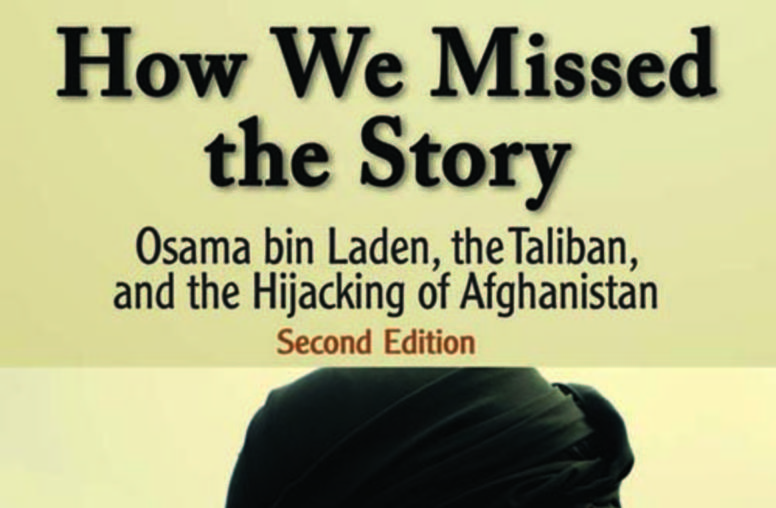
How We Missed the Story, Second Edition
In How We Missed the Story, Second Edition, Pulitzer prize-winning journalist Roy Gutman extends his investigation into why two successive U.S. administrations failed to head off the assaults of 9/11 and to look at the U.S. military intervention that followed. Anyone who thinks Afghanistan doesn't matter, or that Washington can walk away once again, is "missing the story."
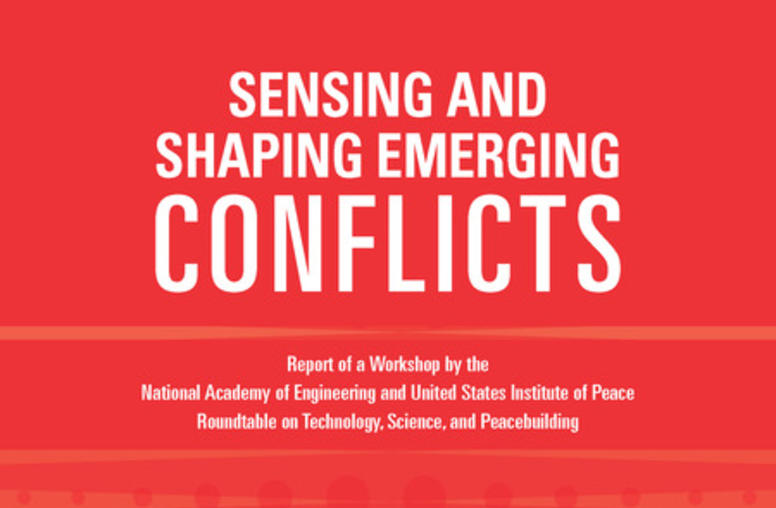
Sensing and Shaping Emerging Conflicts
On October 11, 2012, the Roundtable on Science, Technology, and Peacebuilding – a partnership between the U.S. Institute of Peace and the National Academy of Engineering – held a workshop in Washington, DC, to identify major opportunities and impediments to providing better real-time information to actors directly involved in environments where deadly violence could occur. This summary provides a synopsis of the day’s discussion.
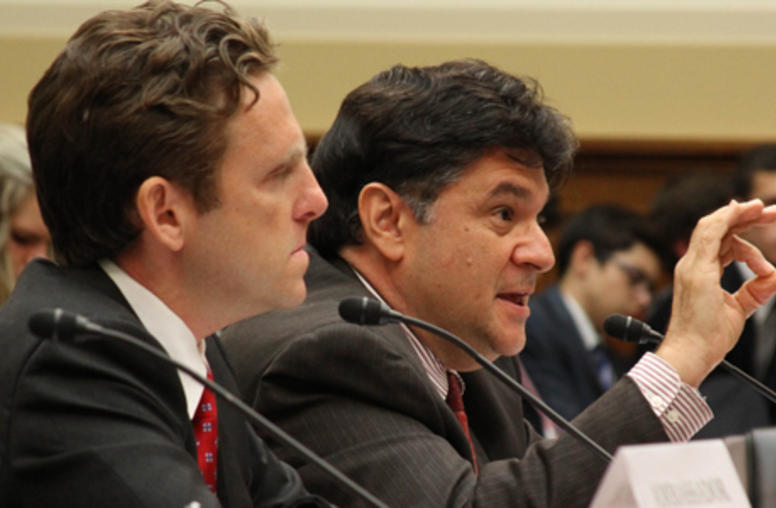
“The Iran-Syria Nexus and Its Implications for the Region”
Daniel Brumberg, senior program officer at USIP, gave the following testimony before the U.S. House Committee on Foreign Affairs, Subcommittee on Middle East and North Africa.
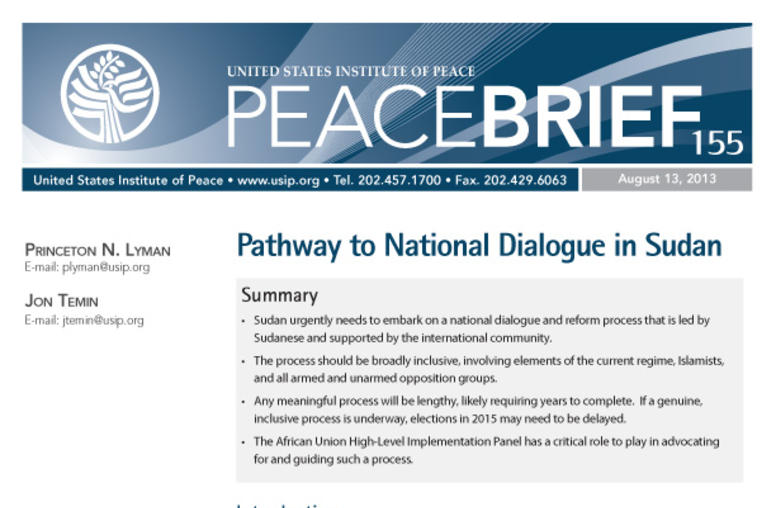
Pathway to National Dialogue in Sudan
Sudan urgently needs to embark on a national dialogue and reform process that is led by Sudanese and supported by the international community. Without such a process, Sudan has little chance of breaking its destructive cycle of instability. Authors Ambassador Princeton N. Lyman, a special advisor to the president of USIP and former special envoy for Sudan and South Sudan, and Jon Temin, director of USIP’s Horn of African program, examine the way forward.
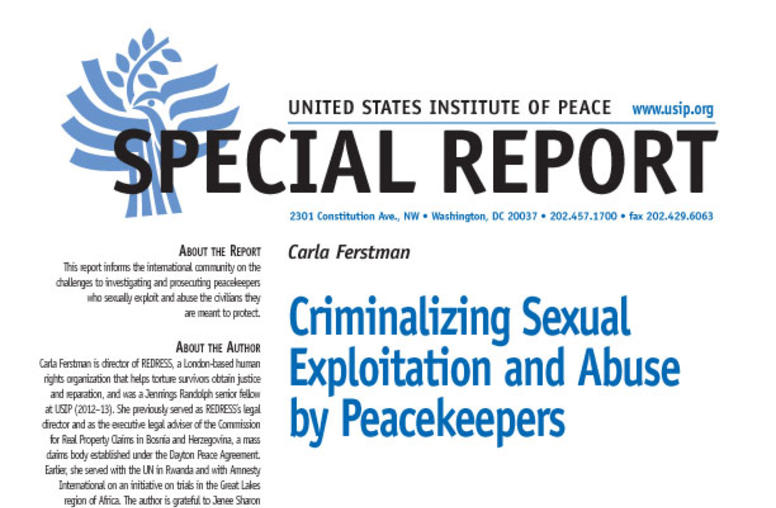
Criminalizing Sexual Exploitation and Abuse by Peacekeepers
UN peacekeepers continue to engage in sexual exploitation and abuse during deployment and rarely face punishment, according to human rights lawyer and Jennings Randolph fellow Carla Ferstman. Although troop-contributing countries bear responsibility for investigating and prosecuting these crimes, the UN must shoulder an active, persistent role in helping states close the gaps in disciplinary and criminal accountability in order to end peacekeeper impunity.
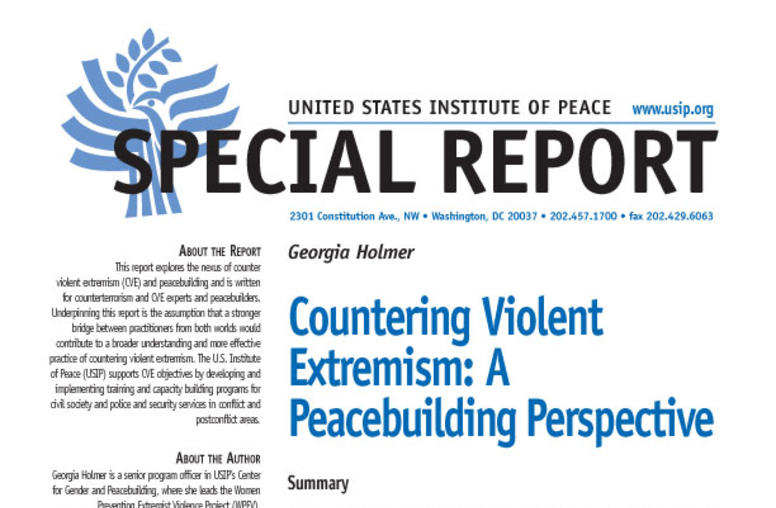
Countering Violent Extremism: A Peacebuilding Perspective
A stronger bridge between security policymakers and the peacebuilding community, with coordinated and clearer lines of engagement, could better advance efforts to prevent violent extremism. A USIP expert examines the challenges facing CVE policy and practice and how peacebuilders can help to overcome them.
Praise for "A Crucial Link"
“Odendaal impressively distills a wide variety of experiences with local peace committees and explains the complex interplay between national and local, formal and informal actors in an environment where conflicting groups can work together to forestall violence and take the first steps in what will be a lengthy peacebuilding process. He rightly stresses the importance of ownership of peace processes at the local level as a key condition for success and provides ample evidence for how this lo...
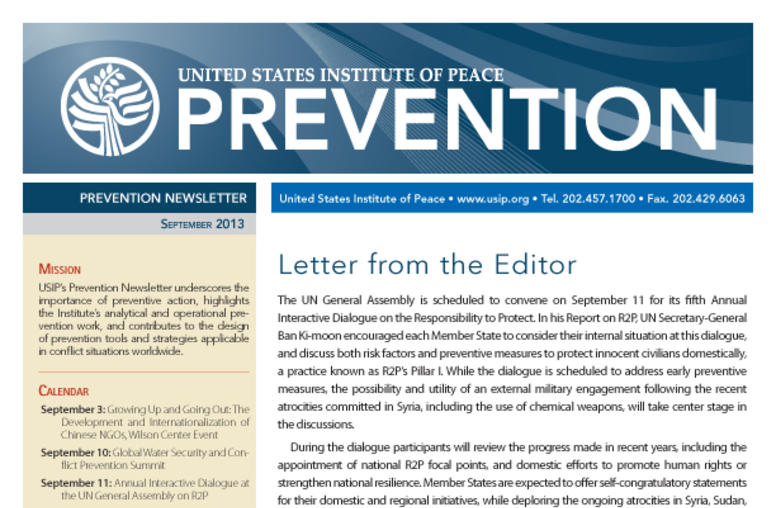
USIP Prevention Newsletter - September 2013
The September 2013 Prevention Newsletter features a Q&A with Deputy Assistant Secretary of State Victoria Holt on Peacekeeping and Atrocity Prevention, and highlights the role of Track 1.5 Dialogues as an instrument for conflict prevention.
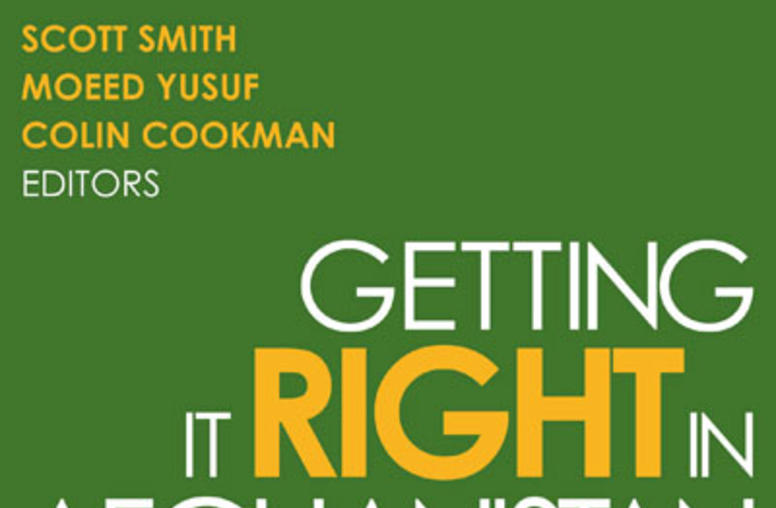
Getting It Right in Afghanistan
As the United States and NATO prepare to withdraw their troops from Afghanistan in 2014, the question remains as to what sort of political settlement the Afghanistan government and the Taliban can reach in order to achieve sustainable peace. If all parties are willing to strike a deal, how might the negotiations be structured, and what might the shape of that deal be? Getting It Right in Afghanistan addresses the real drivers of the insurgency and how Afghanistan's neighbors can contribute to...
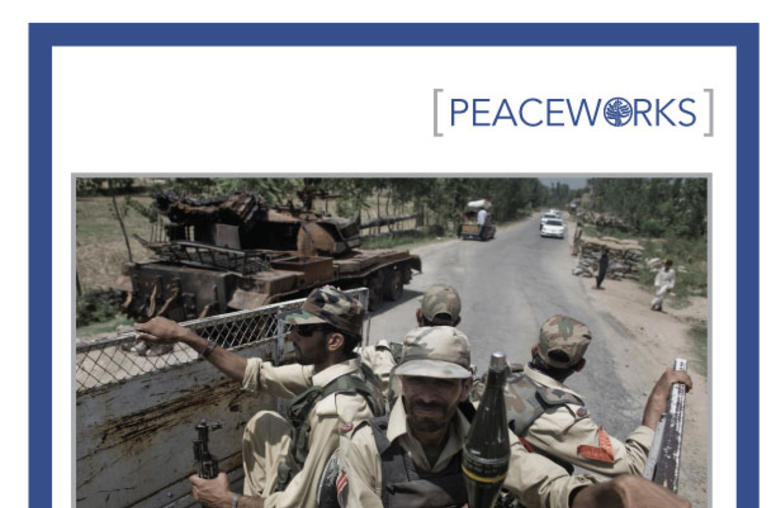
Domestic Barriers to Dismantling the Militant Infrastructure in Pakistan
Pakistan will continue to find it difficult to counter militancy more vigorously in its territory, and U.S. officials urging the country to make greater efforts should fully understand the obstacles. One is the Pakistan security establishment’s penchant for supporting militant groups it believes might have strategic uses while ignoring those it believes have no strategic value. But there are other obstacles, including lack of funding, bureaucratic barriers, and public opinion.